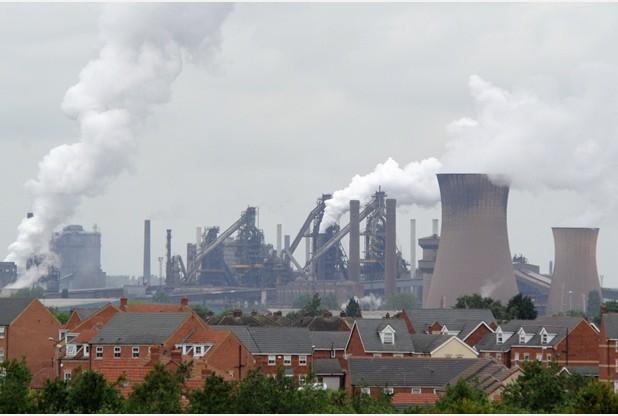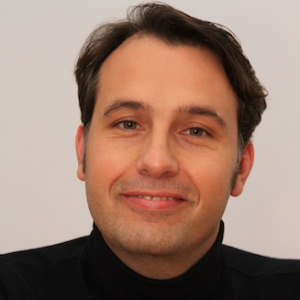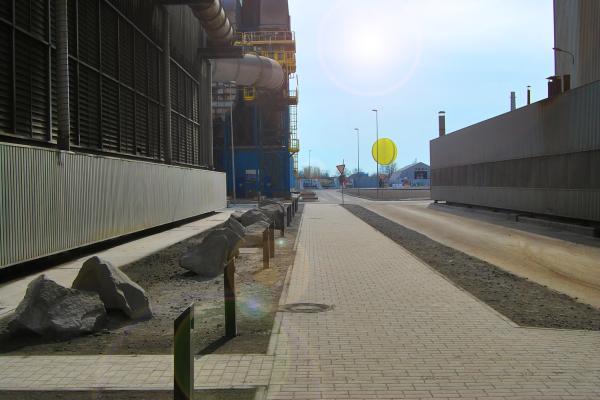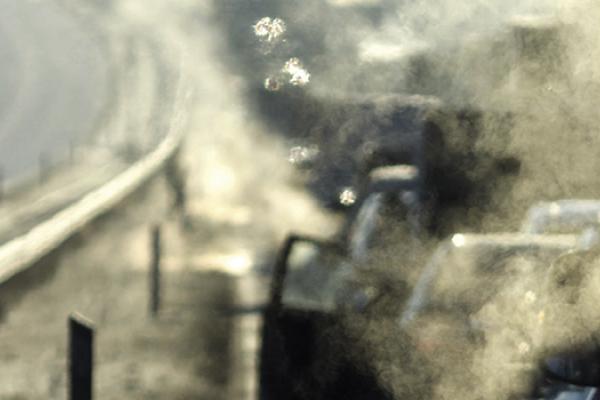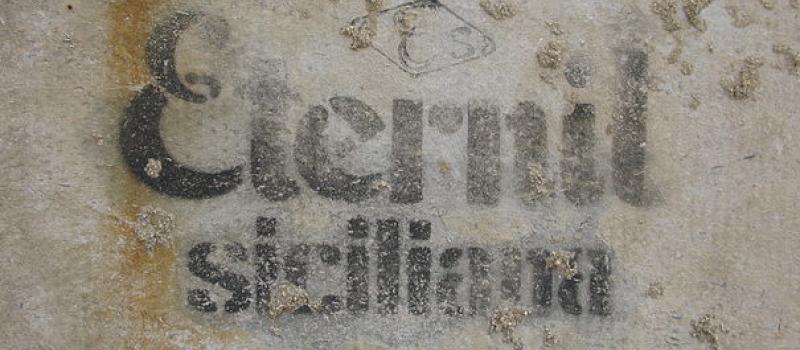According to figures from the European Environment Agency (EEA), industrial emissions were responsible for an estimated 60 billion euros in harm through medical emergencies and premature deaths as recently as 2012. Prolonged exposure to chemically coated dust can lead to lung cancer and other often fatal respiratory and cardiovascular illnesses. The EEA claims that this dust was responsible for at least 430,000 deaths in 2011 alone. It is the most dangerous atmospheric pollutant, leaving Europe's taxpayers with a hefty bill due to its impact on health.
The steel industry is one of the main sources of this dust. In a bid to alleviate the problem, the EU adopted a directive in 2010 aimed at regulating industrial emissions. Steel producers and other industrial sectors had to comply with the new rules by 2016.
However, following a successful lobbying campaign within the EU decision-making process, the giants of the steel industry have watered down their obligations. European deputies have approved general rules forcing the industry to reduce its pollution. However, the industry has been given free rein to decide how and by how much emissions should be reduced.
Thanks to this waiver, steelworks have been able to opt out of using some of the best available technologies to clean up the air emitted from their chimneys. According to experts, 4,000 tonnes of additional particulate matter will therefore enter the atmosphere. Each tonne of fine particulate matter represents an additional average cost of €23,000 for Europe’s health services. Over five years, the additional dust emitted by the European steel industry could cost €900 million in total. This is more than the €700 million that the thirty-odd steelworks in the EU would have had to invest to become more sustainable.
